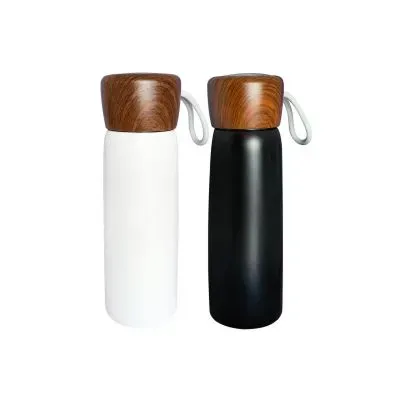The evolving landscape of online dating
The Evolving Landscape of Online Dating
The emergence of the internet has revolutionized numerous aspects of human interaction, including the realm of dating and relationships. Online dating platforms have transformed the way people meet, connect, and form romantic relationships, leading to profound changes in the dating landscape. This essay explores the evolving landscape of online dating, examining its history, impact, challenges, and opportunities, as well as the societal and cultural implications of this digital phenomenon.
The History of Online Dating
The roots of online dating can be traced back to the early days of the internet, when online bulletin board systems and chat rooms provided opportunities for people to connect and interact. However, it wasn't until the late 1990s and early 2000s that online dating truly began to take off with the launch of platforms such as Match.com, eHarmony, and Plenty of Fish. These early online dating sites utilized algorithms and personality assessments to match users based on compatibility and shared interests.
As technology advanced, so too did the online dating landscape. The rise of smartphones and mobile apps in the late 2000s and early 2010s ushered in a new era of online dating, with platforms such as Tinder, Bumble, and OkCupid offering location-based matchmaking and swiping interfaces. These apps made it easier than ever for people to connect with potential partners, leading to a proliferation of online dating activity.
The Impact of Online Dating
The impact of online dating on society and relationships has been profound and far-reaching. Online dating has democratized the dating process, making it accessible to people of all ages, backgrounds, and geographic locations. It has also expanded the pool of potential partners, allowing people to connect with individuals they might never have met otherwise.
Furthermore, online dating has changed the way people approach dating and relationships. The convenience and efficiency of swiping-based apps have led to a culture of instant gratification and casual dating, with many users prioritizing quantity over quality in their search for romance. However, online dating has also facilitated meaningful connections and long-term relationships, with many couples meeting and forming lasting bonds through digital platforms.
Challenges and Opportunities
Despite its many benefits, online dating also presents a number of challenges and opportunities. One of the primary challenges is the prevalence of misinformation and deception on dating platforms. Studies have shown that many users misrepresent themselves in their online dating profiles, exaggerating their physical appearance, income, or interests in order to attract potential partners. This can lead to disappointment and frustration for users who discover that their online matches are not who they claimed to be.
Another challenge is the issue of safety and security in online dating. While most dating platforms have measures in place to protect user privacy and security, incidents of harassment, stalking, and even violence have been reported. Ensuring the safety of users on dating platforms is an ongoing concern, requiring continuous monitoring and enforcement of community guidelines and policies.
However, online dating also presents numerous opportunities for innovation and improvement. Advances in artificial intelligence and machine learning are enabling dating platforms to develop more sophisticated matching algorithms and predictive models, leading to better matches and higher success rates. Moreover, the integration of video chat and virtual reality technologies is making online dating more immersive and interactive, allowing users to connect in more meaningful ways.
Societal and Cultural Implications
The rise of online dating has had profound societal and cultural implications, reshaping norms and attitudes towards dating, relationships, and marriage. Online dating has challenged traditional gender roles and expectations, allowing women to take a more active role in initiating and pursuing romantic connections. It has also facilitated greater acceptance of non-traditional relationship structures, such as polyamory, open relationships, and same-sex partnerships.
Furthermore, online dating has influenced the way people perceive and evaluate potential partners. The prevalence of swipe-based apps has led to a culture of snap judgments and superficiality, with users basing their decisions on photos and brief profiles rather than deeper compatibility and shared values. This has raised concerns about the commodification of relationships and the objectification of individuals in the online dating marketplace.
Conclusion
The evolving landscape of online dating has had a profound impact on the way people meet, connect, and form romantic relationships. From its humble beginnings in the early days of the internet to the proliferation of swipe-based apps in the smartphone era, online dating has transformed the dating landscape in profound ways. While it presents numerous challenges and opportunities, online dating ultimately reflects the broader shifts and changes occurring in society and culture. As technology continues to advance and society evolves, the future of online dating remains uncertain, but one thing is clear: it will continue to shape the way we love and relate to one another for years to come.
Spotlight on Trending Promo Gear
Browse the most popular and trending Corporate Gifts
Promotional Sports Water Bottles
Promotional Sports Water Bottles
Promotional Sports Water Bottles
Back To School Gifts
Promotional Sports Water Bottles
Promotional Sports Water Bottles
Promotional Sports Water Bottles
Eco Friendly Bottles




















1668687503.webp)